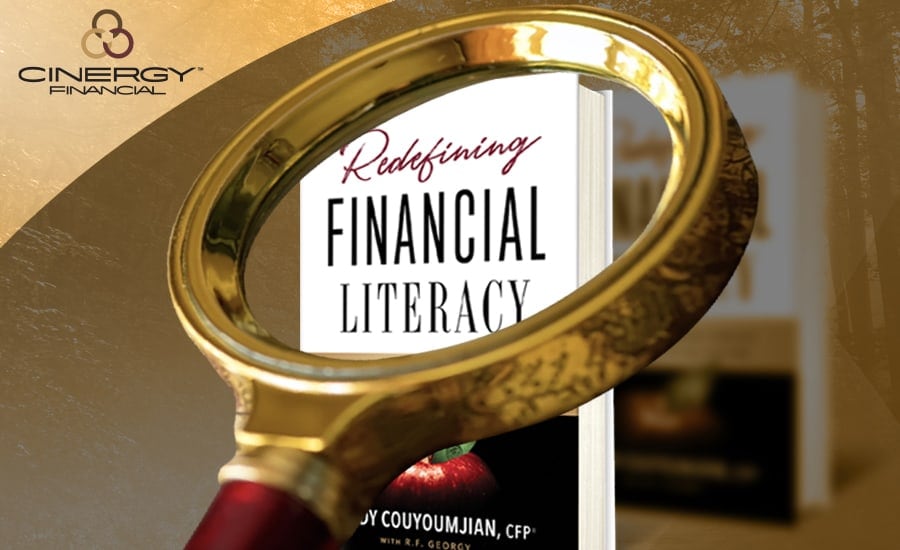Part of the reason my book has the title, Redefining Financial Literacy, is not only to bring awareness to the financial literacy crisis in this country but to also expand our traditional understanding of personal finance. If you do a quick search on Amazon for books on financial literacy, you will notice the vast majority of titles cover a narrow view of personal finance. Financial literacy has traditionally been defined in terms of our “ability to understand and effectively apply various financial skills, including personal financial management, budgeting, and investing.”1 This rather simple definition needs to be broadened to include historical, social, political, and economic forces that directly impact our financial planning. What is urgently needed today is the kind of financial literacy that transforms our mindset from passive spectators to active participants. These hidden forces are not merely abstract concepts; in fact, they have a direct impact on your financial future. For example, the Social Security system that our parents and grandparents enjoyed may become insolvent if Congress fails to enact reforms. The pensions that past generations have relied upon to carry them through retirement are becoming extinct.
Understanding the Financial Future
What you must realize is that a meaningful understanding of the financial world must include its history. You see, history is not just some abstract and pedantic study that is removed from our lives. It encroaches on us in ways that are instructive in how we plan our future. As the saying goes, “Those who do not learn history are doomed to repeat it.” This, as recent history has shown us, is precisely what has happened over the past century.2 Although history tends to repeat itself, we don’t have to acquiesce to the inevitable; we can use the knowledge of past events to shape our own future. This is especially true for women, who now hold more than half of the personal wealth in the United States.3 It is precisely because we have the freedom to choose that history need not repeat itself. How we exercise our right to choose will depend on our capacity to think critically about the decisions and choices that came before us. It is important for you to understand these hidden forces so that you can make informed decisions about your investment strategy. Hidden forces can also include greed and corruption, which contributed to past market bubbles. For example, during the late 1990s and early 2000s, corporations, both small and large, were racing to have an online presence. This became known as the dot-com bubble, which caused the stock market crash of 2002. Greed and corruption also played a role in the global financial meltdown of 2008, which was fueled by the real estate bubble of the early 2000s. You need to understand how these hidden forces impact your financial future, which is why I’m urging you to read my book. Redefining Financial Literacy will help you to both understand and navigate the complex financial world that is often governed by hidden forces and risks.
1. Will Kenton, “Financial Literacy,” Investopedia, April 19, 2020. https://www.investopedia.com/terms/f/financial-literacy.asp.
2. Nicholas Clairmont, “‘Those Who Do Not Learn History Are Doomed to Repeat It.’ Really?” Bigthink.com, July 31, 2013. https://bigthink.com/the-proverbial-skeptic/those-who-do-not-learn-history-doomed-to-repeat-it-really.
3. Karen Demasters, “Women Hold Majority of Personal Wealth, But Still Minorities in Advisory Field,” Financial Advisor Magazine, March 25, 2020. https://www.fa-mag.com/news/women-need-to-lead-in-finances–consultant-says-54850.html.




